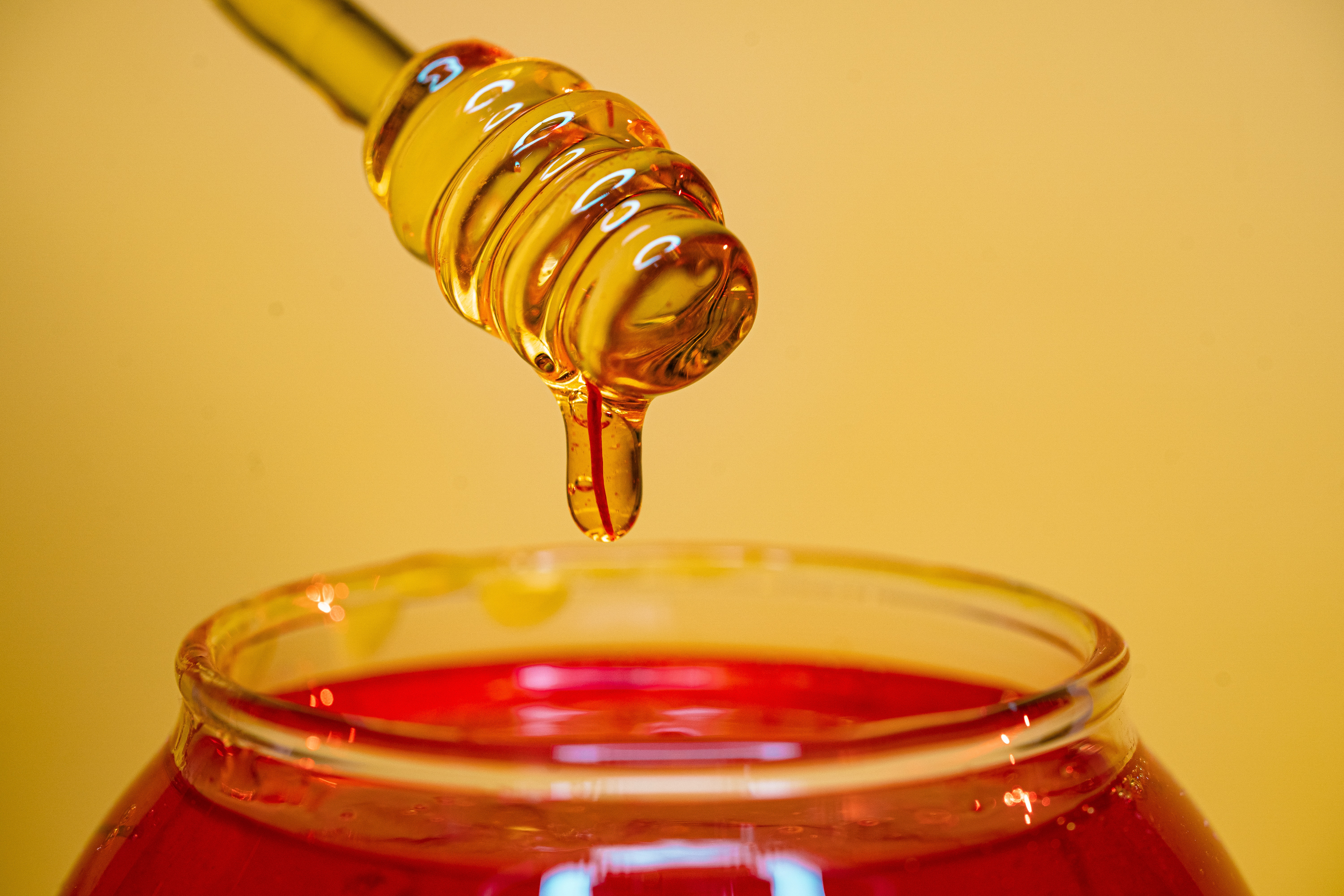News release
From:
Comment from research co-author, Axel Heiser, Chief Scientist at AgResearch & Principal Scientist in the Animal Health Solutions Team:
"This review, funded by the AgResearch Māori Strategic Science Investment Fund and in partnership with Māori business Manuka Performance, investigates the integration of mātauranga Māori and scientific methods and highlights the value placed on Mānuka as a taonga.
"Mānuka honey, sourced from the Mānuka myrtle tree indigenous to New Zealand, is renowned for its extraordinary healing properties. The review acknowledges the scant scientific literature on the application of Mānuka honey in veterinary care, thereby setting the stage for potential Māori-led research to fill this gap. It underscores the importance of further studies to investigate the use of Mānuka honey for ruminant livestock and companion animals.
"Future research initiatives anticipated to arise from this review will be led by Māori, ensuring that the mātauranga emanating from our Māori partners is at the forefront of this scientific journey. This not only reinforces indigenous identity in the scientific work but also promises the return of benefits to the Māori communities, in harmony with the intent of Te Tiriti o Waitangi.
"This scholarly review serves as a cornerstone for upcoming research, paving the way for sustainable and innovative solutions in animal health. It reflects a concerted effort to embrace Mātauranga Māori in research, promoting New Zealand's commitment to indigenous knowledge systems and the wellbeing of the environment and its people."
Comment from Tristan Vine, CEO / Co-founder Manuka Performance:
“It’s been great working alongside Sue and the AgResearch team along this journey around innovation and research. True collaboration is key to unlocking the potential for Mānuka honey by creating value added products that make a difference to people around the world.
“Nutraceuticals is an exciting space to be in, the work we are undertaking has significant global outcomes for not only human health and sports performance, but agriculture productivity, knowledge sharing and economic wellbeing for everyone along the entire value chain.”



 New Zealand
New Zealand


